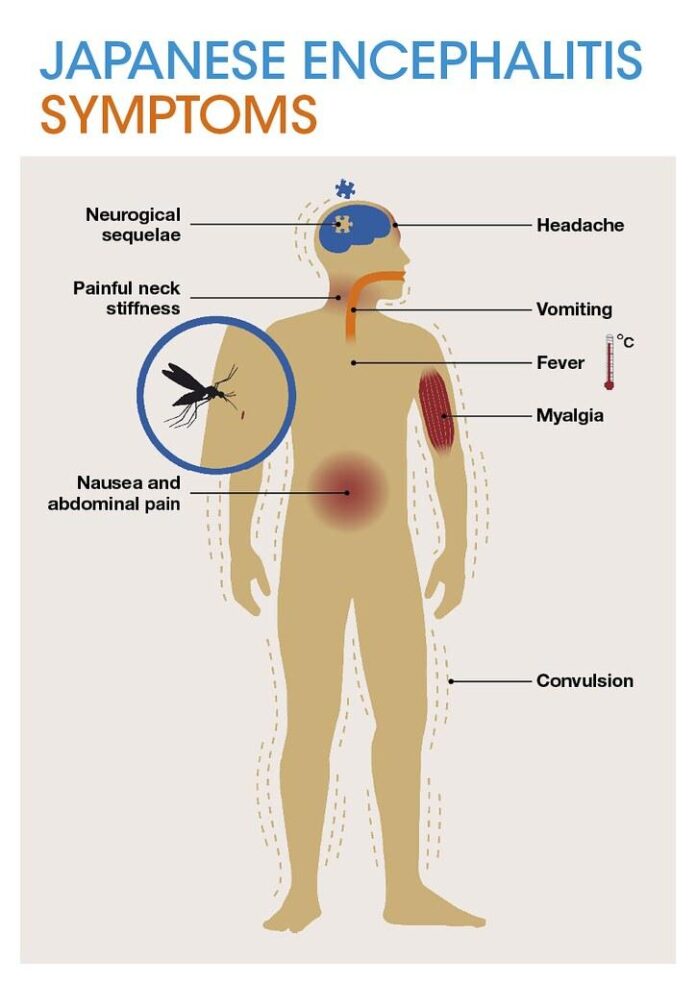
The gastrointestinal system, also known as the digestive system, is a complex network of organs responsible for digesting food, absorbing nutrients, and eliminating waste from the body. When this system is disrupted, it can lead to a range of uncomfortable and sometimes debilitating symptoms. Understanding the symptoms and treatments for common gastrointestinal disorders is essential for maintaining overall health and well-being.
Common Gastrointestinal Disorders
There are several common gastrointestinal disorders that affect millions of people worldwide. These disorders can range from mild discomfort to severe pain and can greatly impact a person’s quality of life. Some of the most common gastrointestinal disorders include:
1. Gastroesophageal Reflux Disease (GERD): GERD is a chronic condition in which stomach acid flows back into the esophagus, causing a burning sensation known as heartburn. Other symptoms of GERD include regurgitation, chest pain, and difficulty swallowing.
2. Irritable Bowel Syndrome (IBS): IBS is a common gastrointestinal disorder characterized by abdominal pain, bloating, and changes in bowel habits. Symptoms of IBS can vary from person to person and can be triggered by stress, diet, or certain foods.
3. Inflammatory Bowel Disease (IBD): IBD is a group of disorders that cause inflammation of the gastrointestinal tract. The two most common types of IBD are Crohn’s disease and ulcerative colitis. Symptoms of IBD include abdominal pain, diarrhea, and weight loss.
4. Peptic Ulcers: Peptic ulcers are open sores that develop on the lining of the stomach, small intestine, or esophagus. Symptoms of peptic ulcers include abdominal pain, bloating, and nausea. Left untreated, peptic ulcers can lead to serious complications.
Symptoms of Gastrointestinal Disorders
The symptoms of gastrointestinal disorders can vary depending on the specific disorder and the individual. However, there are some common symptoms that may indicate a problem with the gastrointestinal system. These symptoms include:
– Abdominal pain or cramping
– Bloating
– Changes in bowel habits (diarrhea or constipation)
– Nausea or vomiting
– Heartburn or acid reflux
– Difficulty swallowing
– Unexplained weight loss
– Blood in stool
It is important to note that these symptoms can also be caused by other health conditions, so it is essential to consult with a healthcare professional for an accurate diagnosis and appropriate treatment.
Treatments for Gastrointestinal Disorders
The treatment for gastrointestinal disorders will vary depending on the specific disorder and the severity of symptoms. In general, treatment options for gastrointestinal disorders may include:
1. Lifestyle Modifications: Making changes to your diet and lifestyle can help manage symptoms of gastrointestinal disorders. This may include avoiding trigger foods, eating smaller meals, staying hydrated, and managing stress.
2. Medications: Medications such as antacids, proton pump inhibitors, and anti-diarrheal medications may be prescribed to manage symptoms of gastrointestinal disorders. In some cases, antibiotics may be prescribed to treat bacterial infections that contribute to gastrointestinal symptoms.
3. Surgery: In severe cases, surgery may be necessary to treat gastrointestinal disorders. Surgery may be recommended to remove damaged tissue, repair ulcers, or correct structural abnormalities in the gastrointestinal tract.
4. Probiotics: Probiotics are beneficial bacteria that can help restore the balance of gut flora and improve the symptoms of gastrointestinal disorders. Probiotic supplements and fermented foods like yogurt and kefir can help promote a healthy digestive system.
5. Behavioral Therapies: For gastrointestinal disorders like IBS that are triggered by stress or anxiety, therapies such as cognitive-behavioral therapy (CBT) or relaxation techniques may be helpful in managing symptoms.
It is important to work closely with a healthcare provider to develop a treatment plan that is tailored to your specific needs and symptoms. With proper management and treatment, many gastrointestinal disorders can be effectively managed and symptoms can be improved.
In conclusion, understanding the symptoms and treatments for common gastrointestinal disorders is essential for maintaining overall health and well-being. By recognizing the symptoms of gastrointestinal disorders and seeking appropriate treatment, individuals can effectively manage their symptoms and improve their quality of life. If you are experiencing symptoms of a gastrointestinal disorder, it is important to consult with a healthcare professional for an accurate diagnosis and treatment plan. With the right care and management, individuals can live a healthy and fulfilling life despite gastrointestinal disorders.












